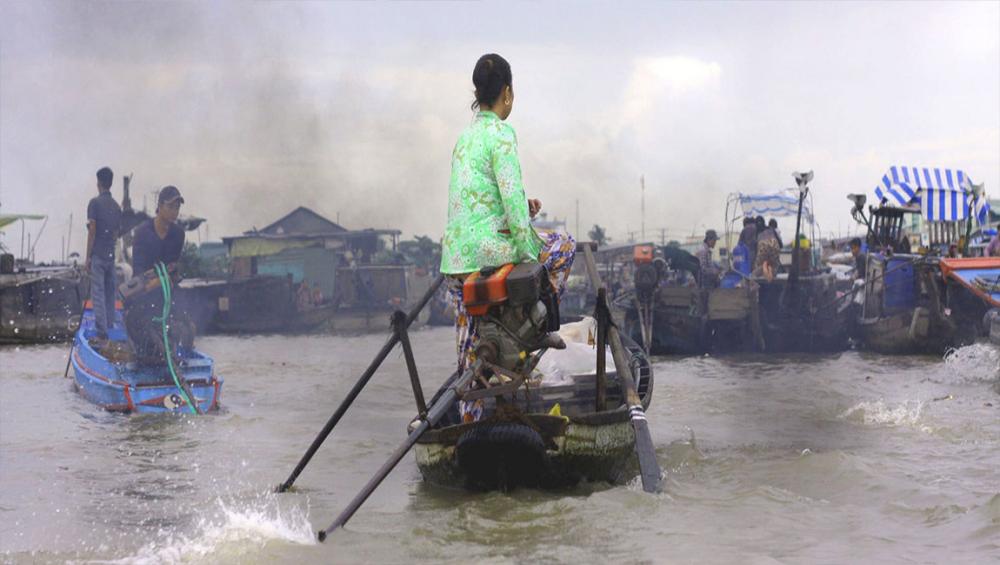Just Earth News | @justearthnews | 19 Jul 2019

New York, Juy 19 (JEN): Unless progress is accelerated, Asia and the Pacific are on course to miss all of the 17 Goals of the UN’s 2030 Agenda for Sustainable Development, the Executive Secretary of the UN regional commission for Asia and the Pacific (ESCAP), told UN News at the Organization's Headquarters on Wednesday.
Under-Secretary-General Armida Salsiah Alisjahbana was in New York to take part in the High-Level Political Forum on Sustainable Development, the main UN platform for monitoring the progress that countries are making towards the Agenda, which is the UN’s blueprint for ending poverty and preserving the planet.
ESCAP’s latest Sustainable Development Goals Progress Report shows that, when it comes to some of the Goals, the region is actually going backwards. These are the goals related to access to clean water and sanitation (Goal 6), decent work and economic growth (Goal 8), and responsible consumption and production (Goal 11).
There are, said Alisjahbana, several reasons for this: “There is water scarcity, because of the pressure of urbanization, and the management of natural resources and the environment are making the situation worse. As for moving towards sustainable consumption, that has to do with behaviour and lifestyle. With increasing wealth you consume more, but what you consume is something that is actually not sustainable.
Governments, said the head of ESCAP, must ultimately be responsible for investments in sustainable development. Investing in basic infrastructure costs money, but there is a considerable multiplier effect, that has a positive effect on the economy. Countries with smaller financial resources should look at raising money through fiscal reforms rather than looking for aid, and risking becoming dependent, she added.
The Progress Report complains about a lack of data, an important point because, says Ms. Alisjahbana, without the correct data you can’t track progress, or evaluate the best actions to take going forward. Improved data must go hand in hand with improved capacity for analysing data, which means national statistical offices, and SDG monitoring.
Despite the many challenges facing the region’s efforts to achieve the Goals, Alisjahbana remains optimistic. The situation, she believes, can be turned around, through better cooperation, as well as the abundant talent and expertise found in the region.